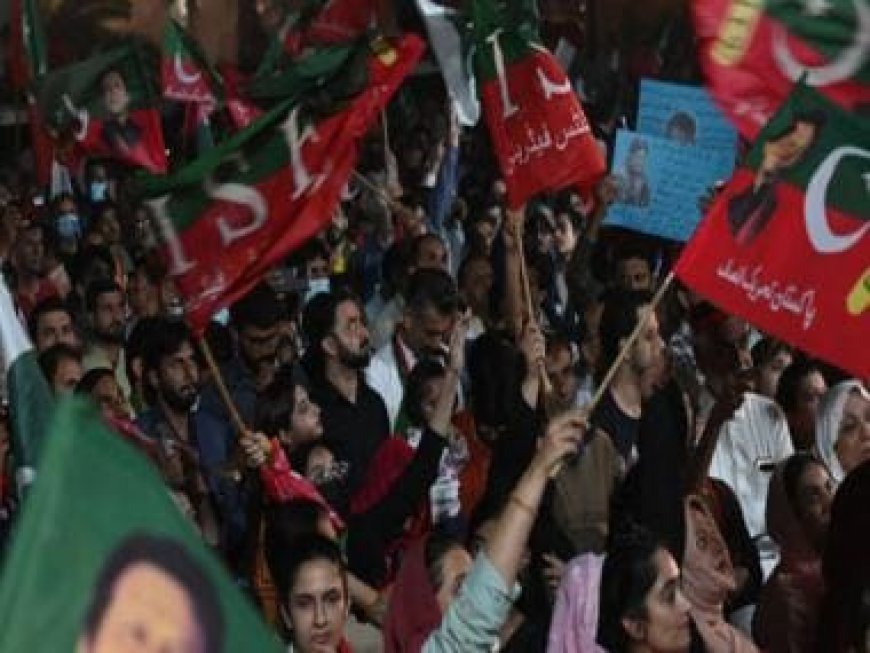Pakistan: Rights groups concerned with failure of political parties to allocate 5 per cent seats for women
Pakistan: Rights groups concerned with failure of political parties to allocate 5 per cent seats for women

Prominent rights organizations have voiced dismay over the failure of major political parties to designate at least 5% of their party’s candidates for general seats as women ahead of Thursday’s general elections in Pakistan.
Section 206 of the Elections Act 2017, a comprehensive statute addressing every facet of elections, establishes the legal obligation.
In a statement published on social media platform X, the Human Rights Commission of Pakistan (HRCP) pushed for a minimum standard of female representation and asked political parties to use affirmative action to guarantee that a minimum of thirty percent of its nominees for general seats are female.
“In principle, this should be a minimum requirement, with parties taking affirmative action to ensure that at least a third of their candidates for general seats are women,” the HRCP, an independent rights body, said.
The Election Commission of Pakistan has not yet released aggregated data regarding the total number of female candidates that the political parties fielded for the polls on February 8.
In addition to highlighting the significance of gender parity in political representation, the statement also emphasizes how important it is for women to participate more in politics in order to establish inclusive and representative governance.
HRCP applauded the Islamabad High Court’s decision to ask the Election Commission of Pakistan (ECP) to provide an explanation on the matter.
The action is a step in the right direction toward removing the structural obstacles that prevent women from engaging meaningfully in politics.
In a statement, the Aurat Foundation asked the ECP to make sure that all political parties give women candidates for general seats in each of the provincial and national parliament five percent of the tickets. The organization expressed grave concerns regarding the length of time it has taken political parties to release their final candidate lists, and noted that their eligibility for electoral symbol allocation dependsed on their adherence to Article 206.
The foundation described protecting women’s involvement in political and electoral processes as a legal and constitutional obligation.
The Aurat Foundation expressed appreciation for the steps the ECP had taken to safeguard women’s rights and stated that it anticipated the commission would make sure that five percent of party tickets were given to female attendees.
Prior to the current general elections, the ECP had also encouraged political parties to guarantee a 5% representation of women on general seats. In a statement, the ECP spokesperson emphasized that all political parties have a shared obligation to work toward a more representative and inclusive democracy.
He states that political parties must provide a detailed roster of all the male and female candidates who are holding party tickets for general seats.
The Elections Act, 2017, which requires a 5% representation of female candidates in general elections, is the basis for this call to action. The goal of the initiative is to close the gender gap in political representation and create a climate in which women take an active role in determining the course of the country.
However, as women are frequently prohibited from voting in some conservative tribal regions, political parties frequently exploit socioeconomic limitations to satisfy the criteria. But since the ECP intervened in the last elections, this pattern is changing.
In a momentous decision, the ECP ruled that the by-elections in PK-95 in 2015 were invalid due to the disenfranchisement of female voters in Khyber-Pakhtunkhwa’s conservative Lower Dir area. Since 1985, women had been denied the right to vote in any election.
Due to seats set aside for them, a good percentage of women manage to enter the parliament despite obstacles. They are also eligible to run for general seats, though.
(With agency inputs)
What's Your Reaction?



























































